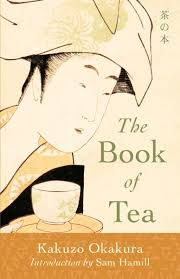Men Without Women by Haruki Murakami, A Book Review
- Magicthreadworks

- Aug 21, 2025
- 2 min read
This was my first ever participation in a Book of the Month discussion and I am glad that I could just contribute.

Scheherazade was the first ever work of Murakami that I ever read. He regularly writes blog posts for NewYorker, that’s where I first found him. This and an excerpt from Colourless Tsukuru Tazaki was all it took me to get hooked. When you start reading a lot of Murakami, or any other writer for that matter, one would find that he keeps going back to his old work time & again. This book is also a collection of short stories, of which you get a feeling that you have met these characters and this world before.
While reading “Scheherazade” I could never take away the feeling that Habara was the boy whose house she used to break into and after so many years she is taking care of him as his nurse. That explains a lot of things even the last cliffhanger.
What I like about Murakami is that in his stories he is describing the characters when they are connecting really deeply with someone. It is not about someone’s life-story but the moment when two people really connect.abLike Driving My Car - is just a conversation that Kafuku and Misaki had during a long drive. They have met recently and are very peculiar people but this is the very first time that they have a real conversation.
In Yesterday - Erika and Tanimura has met just thrice but these three conversations holds a lot of significance in their life.
May be these are conversations which will never affect life of any of the protagonists in the future but Murakami is definitely a master who can conjure the moments in people life which were Real. Where the conversations were not some weather talk exchanges but they really meant something.
I amazed to see how there is music in each of his stories which is part of an individual’s characteristic along with whether they like records, cassatte or it being played live. His archetype of people is kind of music they listen to.
Kino's story reminded me of Murakami himself, he also used to own a bar at some point and play records. I think it was his comfort zone too.
And of course Samasa in Love is an ode to Kafka similar to the name Kafuku in the first story.The trans that Scheherazade talks about is what I get into every time I read a Murakami. It has been the same since the very beginning and sometimes I can’t even relate to it in Men without Women, but feelings persist. Like a junkie to reach out to the surreal smog of his world.




Comments